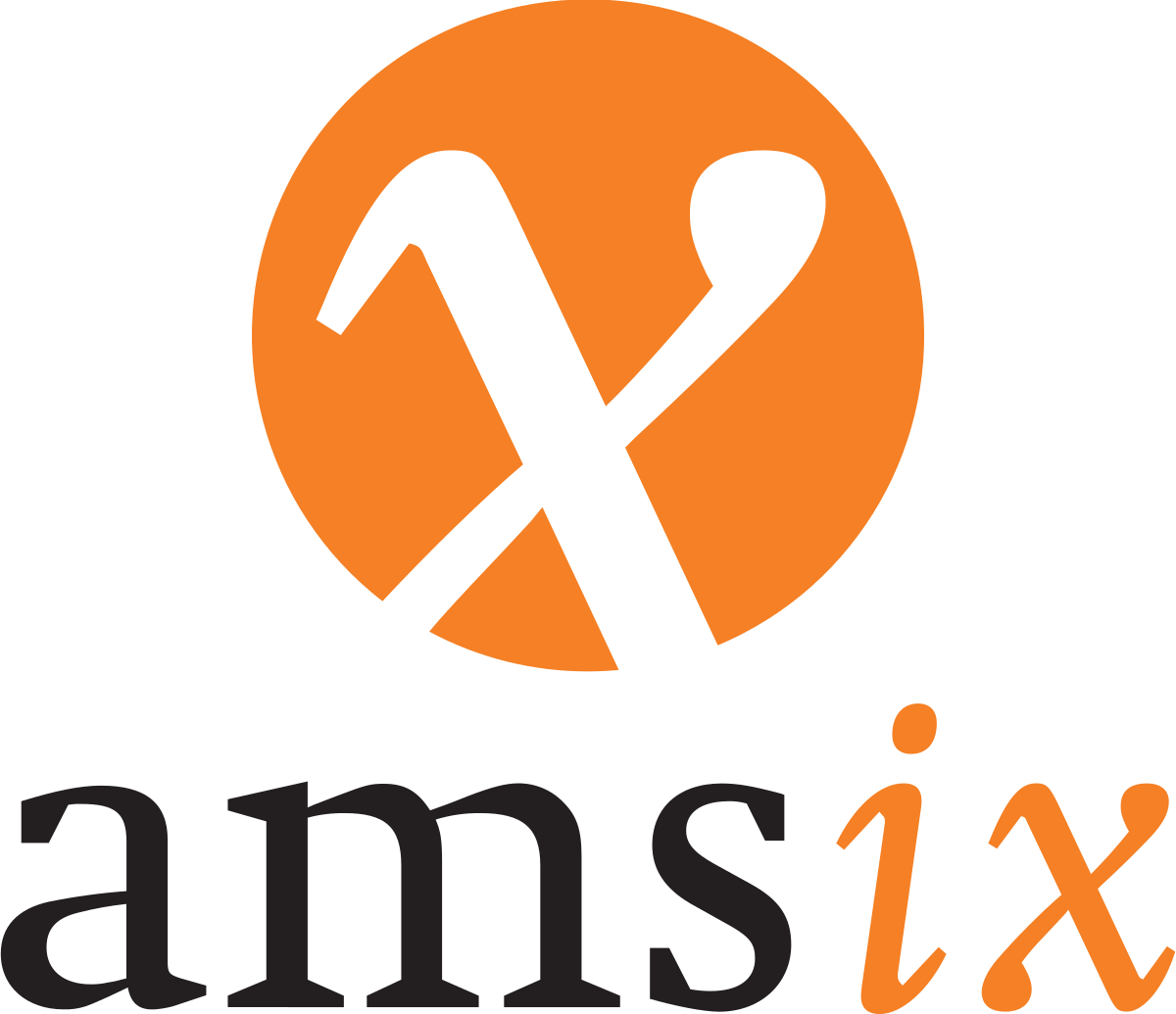About AMdEX

Read on (or click the links) to find out more about:
What is AMdEX?
AMdEX is an innovation fieldlab initiated by AMS-IX, SURF, UvA, DEXES and Amsterdam Economic Board and co-funded by the European Regional Development Fund.
In this field lab parties collaborate to develop and test services to translate real world policies for sharing data into digital agreements. These can be digitally enforced, monitored and controlled. Enabling parties that wish to share data to be compliant with law, regulations and consortium policies.
We do this by researching, testing and deploying a neutral infrastructure that provides and executes reliable data sharing agreements, which:
…technology service providers can integrate into their products and services.
…are language- and operating system agnostic, so users remain free to choose their IT infrastructure, development platform or programming model.
The AMdEX infrastructure and agreements are not owned by a few parties but operate as a cooperative facility by all and for all.
Why is data sharing needed?
In the Information Age, data has the potential to drive growth, foster societal efficiency, and create fairer systems. However, several barriers hinder the realisation of these prospects. One of these is that only a small percentage of all data is actually used, shared and analysed. Because of uncertainty about security, privacy and other legal issues such as data ownership, organisations do not share data at all or resort to individual agreements for exchanging data. Which means we are missing big opportunities.
Benefits of AMdEX
AMdEX democratises data sharing, promotes data sovereignty, fosters innovation, and provides companies with cost savings, speed, and a competitive advantage in the data-driven landscape.
Benefits for organisations
- Cost savings – AMdEX provides digital data-sharing agreements as a service, eliminating the need for costly manual work.
- High speed – AMdEX allows parties to quickly spin up secure and fair data-sharing solutions, replacing one-off solutions that take a long time to implement.
- Competitive edge – AMdEX enables companies to deploy and iterate faster with a focus on innovation, rather than managing infrastructure, giving them a competitive advantage in the market.
Benefits for society
- Creates a fair level playing field – AMdEX enables organisations with fewer resources to participate in complex and highly regulated data sharing collaborations, by making it easier to show that their (software) services are compliant with laws and regulations.
- Accelerates data sovereignty – AMdEX empowers data owners to maintain control over their data by enforcing rules for its use digitally, fostering data privacy and security.
- Accelerates innovation – by offering trust for data sharing, AMdEX encourages more organisations to share their data, leading to increased innovation and collaboration.
USPs of AMdEX
AMdEX stands out from existing data sharing solutions. Check out these unique selling propositions.
- Focus on policies – AMdEX facilitates the translation of real world rules to digital agreements that can be digitally enforced, monitored and controlled. This way AMdEX makes a clear connection between software systems that support data sharing and the laws, regulations and consortium policies that govern them.
- Collaborative governance – AMdEX will be placed in the hands of a cooperative entity. This collaborative approach empowers users and members to actively participate in the development and evolution of AMdEX. By having a say in its future, users can ensure that the solution remains responsive to their needs and the changing dynamics of the data market.
- Auditable mechanisms – AMdEX’s data exchange mechanisms are auditable, providing traceability and accountability in data transactions. This transparency enhances trust and confidence among participants, reinforcing the integrity of the data sharing process. Auditable mechanisms enable thorough assessments and enable the resolution of any conflicts or disputes that may arise.
Who is AMdEX for?
AMdEX is primarily intended for data owners who want to share data and the technology suppliers that make this possible. AMdEX fills in a piece of the data puzzle by ensuring that agreements that are made are enforced digitally. Together, the data owners and technology suppliers decide whether they want to use AMdEX.
AMdEX is not limited to Amsterdam, but aspires an (inter)national function. The development is fully committed to cooperation with the national government and the European Commission. We foresee a global network of similar data exchange.
Other data sharing initiatives
AMdEX distinguishes itself by acknowledging that it is not a standalone solution for all data sharing issues. Recognising the complexity of data sovereignty, AMdEX understands that technical, semantic and interface interoperability challenges also need to be addressed. In this regard, AMdEX encourages collaboration with other initiatives such as GAIA-X, iShare, IDS, Fiware and many more.
By engaging in collaboration with these initiatives, AMdEX aims to coordinate development plans and ensure alignment in solving the broader challenges related to data sharing. Rather than duplicating efforts, AMdEX seeks to leverage the expertise and contributions of these initiatives to create a cohesive ecosystem that addresses all aspects of data sovereignty.






